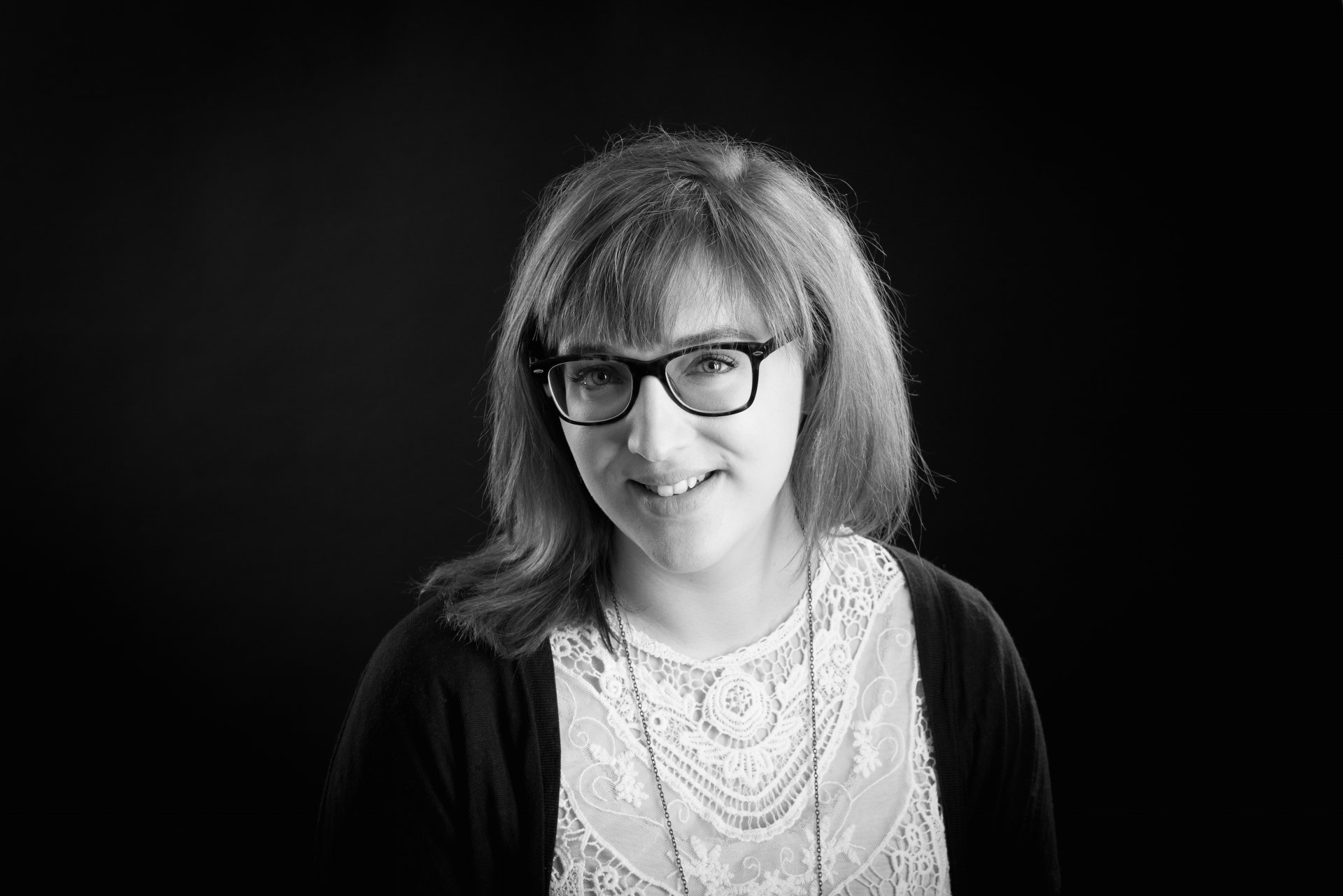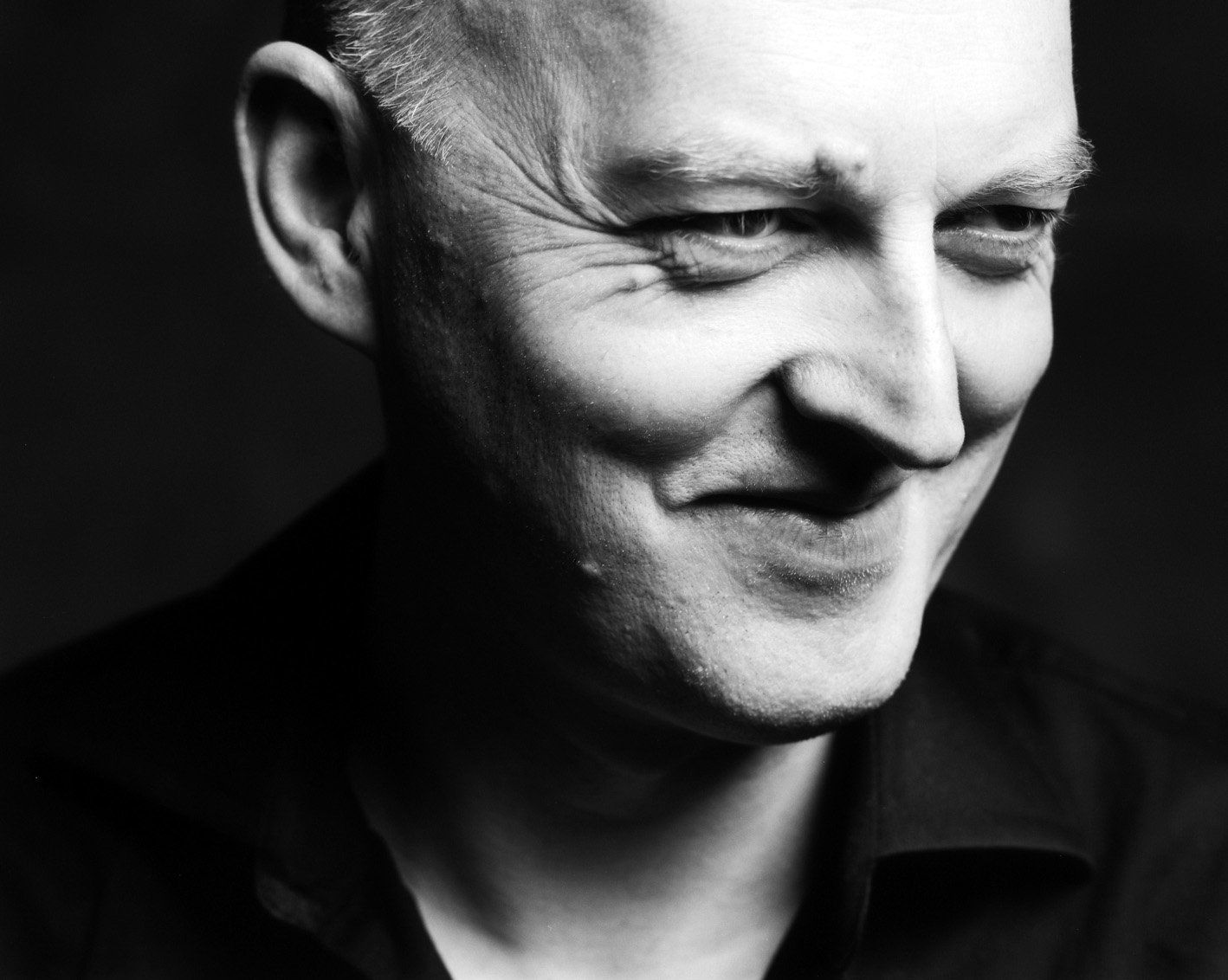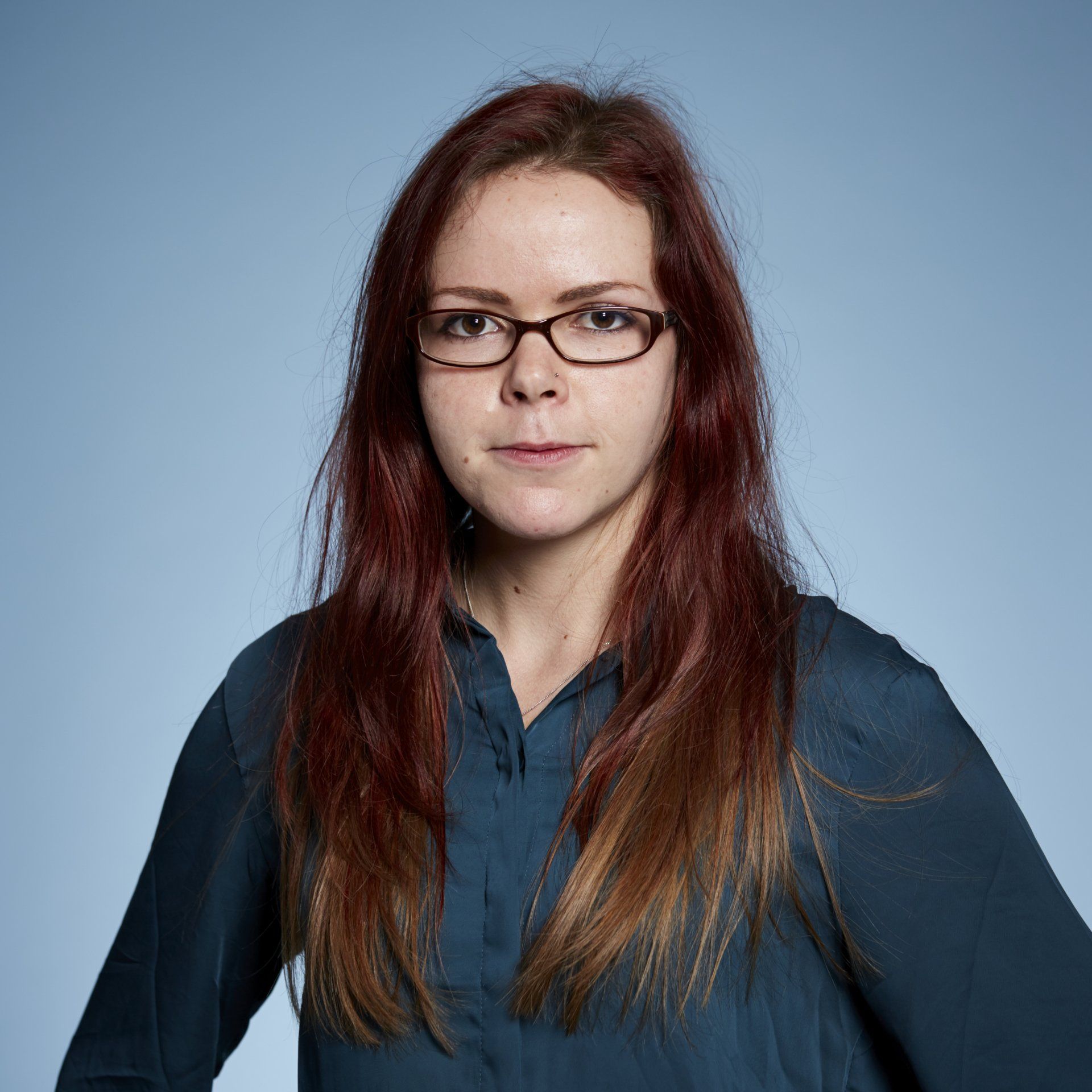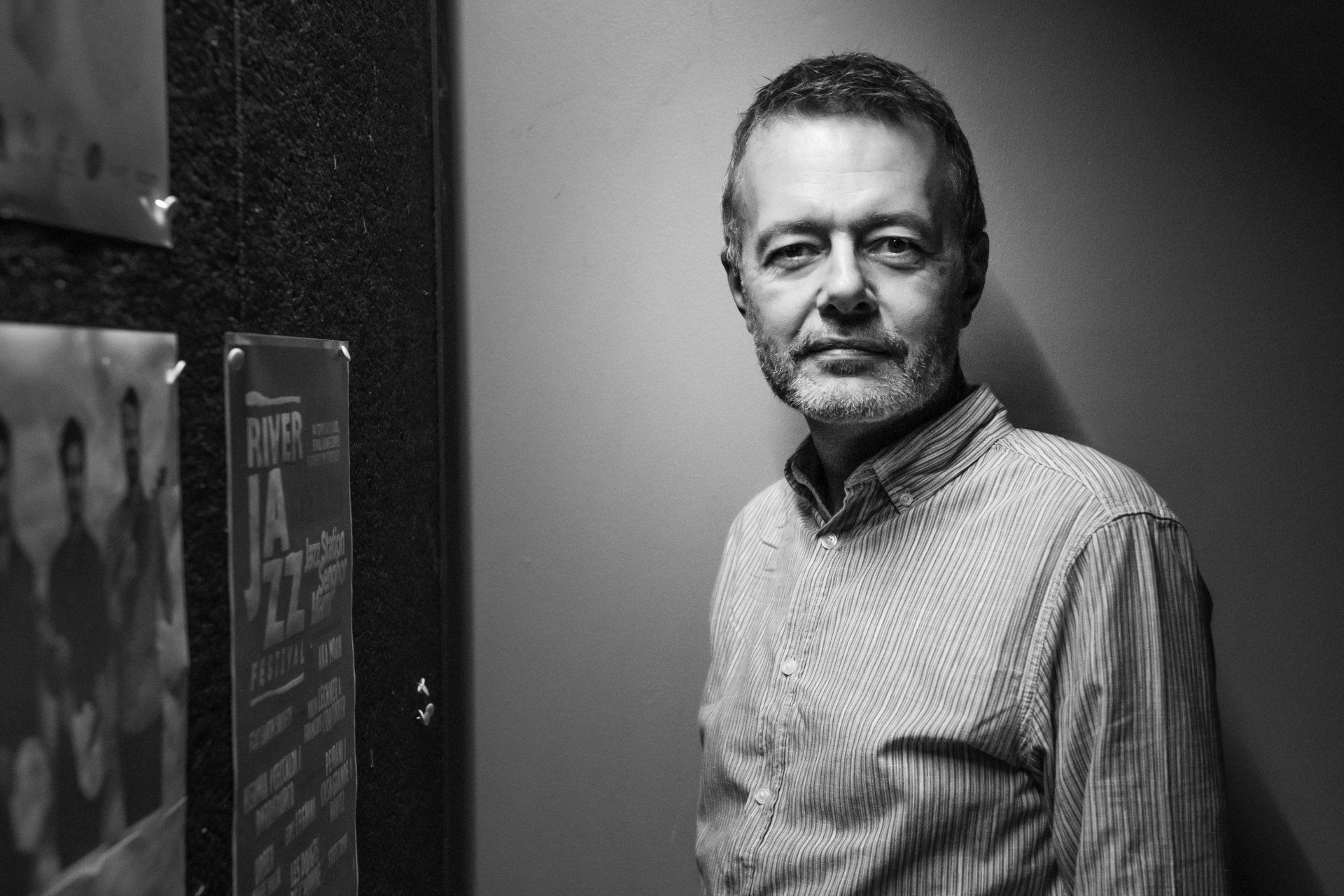Meet the Composers - Part 1
Sarah Lianne Lewis • 30 January 2020
Meet Sarah Lianne Lewis

Where are you from/based?
I grew up in Aberystwyth, but moved to Cardiff at 18 to study at University. I’m now living in Penarth, Vale
of Glamorgan.
What interested you in this style of music?
I’ve been interested for the last few years in exploring the intentional blurring of acoustic and electronic
sound; using unusual techniques on acoustically to create the illusion of electronics present, and also the
use of electronics to create the illusion of multiple acoustic instruments.
Last year I had a residency and commission from gmem CNCM (Centre of New Music) Marseille, where I
collaborated with Laurent Mariusse (Percussionist) and Pierre Fleurence (Computer Sound Designer) to
create a new work (re)- for solo marimba and electronics, which was premiered in Festival Les Musiques
in May 2019. The piece incorporated my fascination of blurring acoustic and electric sounds, and also
developed a new method of working with more improvisatory scores.
This new piece for UPROAR doesn’t use the improvisatory method I’ve been exploring, but it does again
explore what is perceived as acoustic and electronic to our ears.
What has been your inspiration for this new commission?
Climate change is a huge problem - and that’s understating it. Greta Thunberg put it succinctly:
“We must change almost everything in our current societies. The bigger your carbon footprint, the bigger
your moral duty. The bigger your platform, the bigger your responsibility… I don’t want your hope. I don’t
want you to be hopeful. I want you to panic… I want you to feel the fear I feel every day. And then I want
you to act. I want you to act as you would in a crisis. I want you to act as if our house is on fire. Because
it is.”
What became apparent to me over the Spring / Summer of 2019 was that the shift to being more
conscious of our impact on the environment has been from the ground up. Normal people like you or me
have been making small but significant changes to our lifestyles; where it be shopping local, being more
diligent in recycling, choosing greener ways of travel, or more thoughtful ways of living in balance with the
planet that sustains our very life. For me as well, it’s faith-based. As a Christian, my belief is also founded
on the fact that God called us humans to be stewards of the earth (Genesis 1); to nurture and protect it,
to ensure that we live in harmony with the nature around us, rather than destroying it to fuel our own
selfish desires.
My music has often been inspired by nature in the past; it’s where I feel most re-charged creatively, and
therefore often music begins from that place. This piece began from a source of anger and frustration at
our inability to change ourselves and our world economies, as we look on and see our world dying
around us.
What’s been the biggest challenge to creating this new piece?
Honestly there have been a couple of challenges with writing this piece.
There’s the obvious challenge of writing for large chamber ensemble and electronics; how to balance the
textures and layers without one medium overpowering the other unintentionally. It was the first composing
project I’ve worked collaboratively with my husband, Jack Westmore, on as well. He trained as a
composer, and we actually met on through the Young Composer of Dyfed many many years ago, so it
was really nice to work together realising the electronics for this piece.
Probably the main challenge - creatively speaking - was that writing the piece became increasingly
uncomfortable given the unfolding events in the South American rainforest and Australia over the Autumn
and Winter of 2019.
I decided on the title relatively early on in the composing process for me (usually it doesn’t firm up until the
piece has fully taken whatever shape it chooses); by mid-Summer 2019 I’d decided on the title, We Watch
it Burn (the title is a direct reference to Greta Thunberg’s speech in January 2019 to the World Economic
Forum in Davos).
It’s an uncomfortable title; we wouldn’t sit in our house if it was burning around us. We would take action
immediately. We would seek safety, regroup and rebuild. Yet the world leaders are still not making the
uncomfortable radical changes that need to happen to ensure that our world will survive. My heart breaks
for all those in Australia who have lost their homes and their lives; the last section of the piece was written
as a lament for nature that was slowly dying, but has become a painful lament for those in Australia who
have experienced first-hand the devastating effects of climate change.
Sarah's new composition will have it's World Premiere as part of the Professor Bad Trip Tour
this February and March 2020.

Michael has been honoured with the Welsh Music Guild’s most prestigious John Edwards Memorial Award for 2020. During his career Michael co-founded and, for more than 25 years, was joint Artistic Director of the highly successful Music Theatre Wales. He has conducted the works of over 100 living composers and more than 40 opera productions. He received an Arts Council of Wales Creative Wales Award in 2010 and an MBE for services to music in Wales in 2016. In 2017 Michael founded UPROAR: Wales New Music Ensemble - Wales only professional ensemble dedicated to the performance of contemporary classical music. Since their inaugural concert in October 2018 with 10x10, UPROAR has rapidly established itself as a vital force for the development of contemporary music in Wales, having already premiered 16 new works by Welsh composers. UROAR will premiere a further 3 new works by Welsh composers in Professor Bad Trip at Chapter Arts Centre on 28 February. UPROAR ‘s tour of Professor Bad Trip will visit Aberystwyth, Caernarfon, Bristol and Montpellier, France involving exciting electroacoustic music from both new Welsh composers – Sarah Lianne Lewis, Bethan Morgan-Williams and Andrew Lewis and established and highly regarded international composers – Tristan Murail, Fausto Romitelli and Kaija Saariaho. Welsh Music Guild

Where are you from/based? I grew up in mid-Wales, not far from Newtown, where I’ve also recently returned to to live. What interested you in this kind of music? One of the best things about being a composer is that no two projects are the same. I haven't had the opportunity to write for large ensemble and electronics before, so I knew the process of doing so would have a lot to teach me. As a composer, I cannot avoid trying to predict how listeners might respond to my music. But the more I learn about psychological time, the more I realise how little control I have, and can ever hope to have, over how others respond to my music. The composition of Devil’s Elbow saw me relinquish control over several parameters. Instead of determining the durations of notes, phrases and sections using intuition, I allowed all of these values to be established according to a text. Even the pitch content was established using this same text (though timbral decisions were made using freedom of choice). The use of the text unites the time of things (the ensemble) and the time of consciousness (the electronics) and together, they constitute a musical time that transverses dimensions. Music’s dependence on temporal succession relates it to human self-consciousness, and even nonlinear forms rely on the listener’s ability to comprehend musical gestures in relation to an underlying (pre-conceived) linearity. Contrasts between sections may be so extreme that they lose all context; but the listener will apply their own context and meaning, and draw their own connections. Devil’s Elbow is an open book in this regard. The text has very little (comprehensible) meaning and virtually no structural identity, so there really are no composed connections from one passage to the next. What has been your inspiration for this new commission? Devil’s Elbow is a reaction to a recent personal experience, with the composition process having allowed the composer to process some of the hurt and anguish that resulted. The piece explores themes of love and violence; creation and destruction; unification and separation; and temptation. It uses language as the basis for generating both the pitch and rhythmical content, and aims to communicate an overriding impression of being torn as a consequence of the incompatibility of two paths. It is not kind – nor is it ambiguous – but, it is somewhat farcical and sometimes even playful. What's been the biggest challenge to creating this new piece? In what is increasingly a perfectionist society, there is a huge amount of relief to be found in the idea that one cannot control ones fate. Most of us are constantly preoccupied with ‘what’s next’, but to occupy our minds with ‘what’s now’ provides a much better platform for ‘what is’. Easier said than done. One of the biggest challenges I faced when writing this piece was separating myself from the text. I wanted to write a piece that’s free of a past, present and future, but the cyclical changes that exist within the text misled me into perceiving a linearity that was persistent in its attempt to make its way into the music. From a technical perspective, imagining how the ensemble would interact with the live electronics (an aleatoric, grain-based sampler) was a tricky thing to navigate. My main consideration was with density levels. I needed to compose the instrumental parts first, since they would then act as a sort of score for the realisation of the electronics, but it was vital that I left enough space. Another time-based problem... if only I could travel into the future to gain a better idea of how these two worlds would communicate! Bethan Morgan-Williams' Devil Elbow, will be performed as part of the Professor Bad Trip programme this Spring.

Where are you from/based? I live in Bangor in North Wales, and I am Professor of Composition at the university there. What interested in this style of music? My earlier work as a composer was in acousmatic music, which is particular kind of studio-composed ‘sonic art’ projected on multiple loudspeakers. I’ve always composed instrumental music too, as well as music mixing technology with live musicians, but in recent years this mixing of approaches has become a bigger part of what I do. I’ve never really drawn a distinction between electronic and acoustic music anyway – to me it’s all sound – so working like this is a good way to put that into practice. What has been your inspiration for this new commission? I’ve been listening a lot to music by Giovanni Gabrieli. In the early 1600’s he composed specifically for St Mark’s Basilica in Venice. He and several other composers at that time made use of the layout of the church to create amazing spatial effects, with different groups of musicians in different parts of the church, all echoing and responding to each other. In my piece, I use the electronics to achieve a similar effect, using some of Gabreli’s original material as a starting point. To me, this idea of the musical ‘echo’ is really fascinating. It is not just a repetition of a musical idea, but the same actual event heard from a different point in time. It’s rather like a sonic memory, and just like real memories these echoes can become deceptively altered by the passage of time. Just as we might remember things slightly differently – the glow of nostalgia perhaps, or even completely fabricated ‘false memories’ – so these sonic memories become transformed, and even invented, as the piece progresses. What's been the biggest challenge to creating this new piece? Because of this echo idea, not all the material I am working with is actually written in the score. Quite a lot of it comes from the electronic part, which picks up what the musicians play, transforms it, and plays it back some time later. Working with this not-yet-existing material is quite tricky, like trying to remember the future. It’s a similar problem to writing complex counterpoint, such as a fugue. One has to somehow grasp the inescapable future consequences of the compositional decisions one is making in the present, almost composing backwards in time, working from effect back towards cause. And that, too, is a bit like life. Andrew Lewis' new composition will be part of the electroacoustic programme, Professor Bad Trip.


